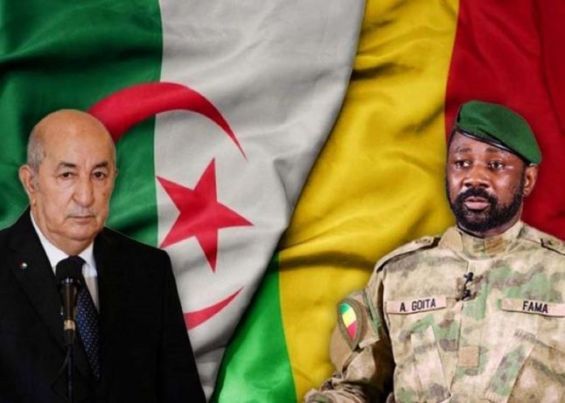
Mali is facing a new diplomatic crisis following the detention of a diplomatic agent in Bamako, a move that has intensified tensions with France and the European Union.
On September 27, the EU demanded the immediate release of the agent, citing violations of the 1961 Vienna Convention, though it did not specify the individual’s nationality.
EU Foreign Minister Kaja Kallas condemned the arrest, emphasizing that the agent held a diplomatic card issued by Malian authorities, granting him immunity under international law.
She also criticized the public dissemination of the diplomat’s identity and images by official media, calling it a violation of his dignity and an unacceptable breach of international norms.
The timing of the EU statement aligns with the mid-August arrest of a French diplomat in Bamako, accused by Malian authorities of plotting against national institutions.
Paris has firmly rejected these allegations, asserting that the detained official is a French national and that his arrest constitutes a serious violation of diplomatic protocol. In response, France suspended its anti-terrorism cooperation with Mali and expelled several Malian diplomats, further escalating tensions.
Observers note that the case highlights the fragile nature of relations between Mali and its Western partners, particularly France, with which cooperation on security and counterterrorism has long been sensitive.
The EU’s intervention underscores broader concerns about adherence to international diplomatic law and the protection of foreign missions in the Sahel region.
The incident has rapidly become a focal point of contention, not only threatening bilateral ties but also raising questions about Mali’s engagement with international partners. Analysts warn that without a swift resolution, the standoff could disrupt ongoing security collaborations in a region already facing persistent insurgency challenges.
Diplomatic channels remain active, but with public statements from both the EU and Paris, the situation is likely to remain tense until a clear resolution is reached.



